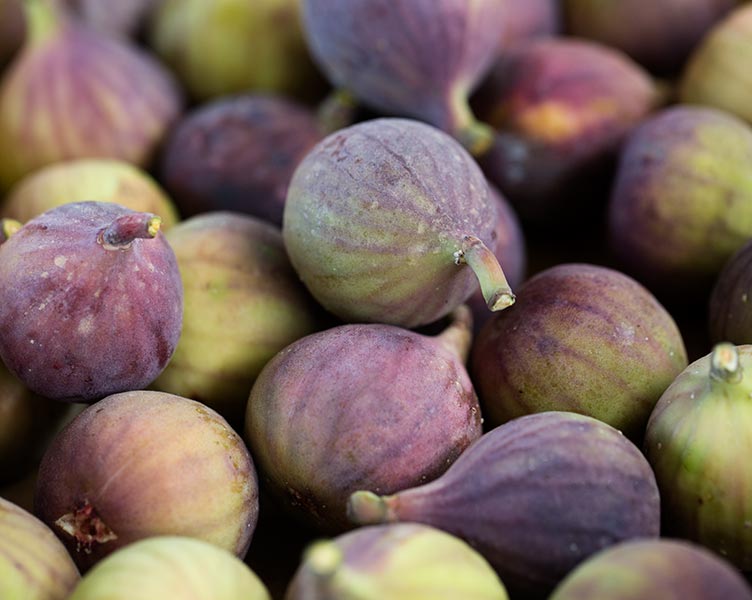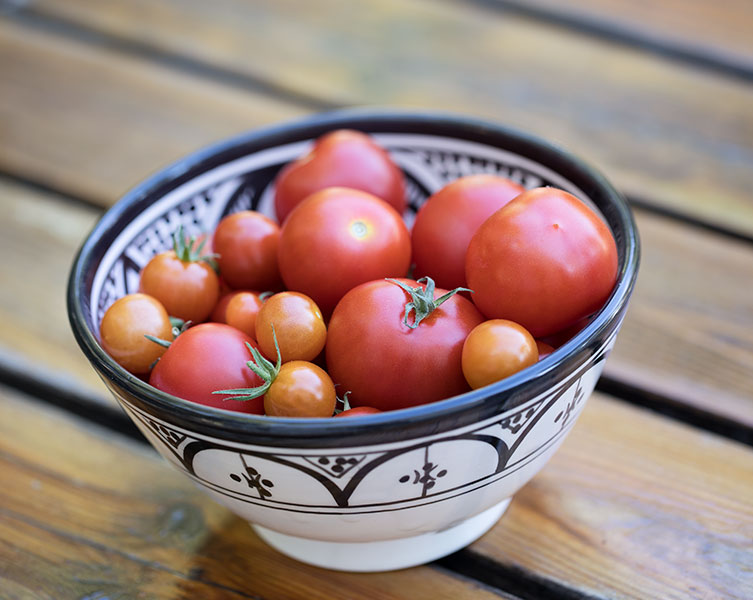Keeping a food diary
If you live with a bowel dysfunction, you may notice that what you eat can directly influence how you feel and impact how successfully you can manage your bowel afterwards. Keeping a food diary can therefore be a powerful tool to help you best manage your bowel and develop a deeper sense of how your body reacts to different foods or food types.
How to keep a food diary
Often, the simplest solution is the best. Download and print our food diary for easy recording of your daily diet.
- Fill out the different columns. After each meal, fill in the relevant information. Make sure to record the time you ate, and the different foods consumed. You can also fill in any additional notes, such as whether this was a meal at home or if you were eating out.
- Look for patterns. After you have completed your food diary, have a look at what you have consumed. Ask yourself, are there any trigger foods? Was my irrigation particularly good after eating certain foods? Did I have trouble after eating a particular meal?
- Try an elimination diet. It might be that your food diary shows a particular meal or food to cause more problems with your bowel emptying. Once you have identified a possible problematic food, you might want to try and eliminate this from your diet for a period and see how your bowel reacts. During this test period, assess whether this elimination has a positive effect on your symptoms or improved your irrigations. Remember to always consult your doctor before implementing a new diet.

How can a food diary help me?
A food diary is a simple and effective tool to help you better manage your bowel when using TAI. You will have documentation on how your bowel responds to different meals and this will help you to get the whole picture of how your diet impacts your bowel movements & irrigation outcomes. With this, you may then be able to identify trigger foods that cause unwanted symptoms or complicate your irrigations.

A food diary can support your conversations with your doctor
By completing your food diary, you will have simple documentation that summarises your daily diet. This makes conversations with your healthcare practitioner much easier. You don’t have to worry about remembering your daily food routines or how your food intake has affected you over a period – it’s all recorded right there. With your food diary to hand, your nurse or doctor will also have an easier job of identifying possible trigger foods and providing you with the best advice possible.




